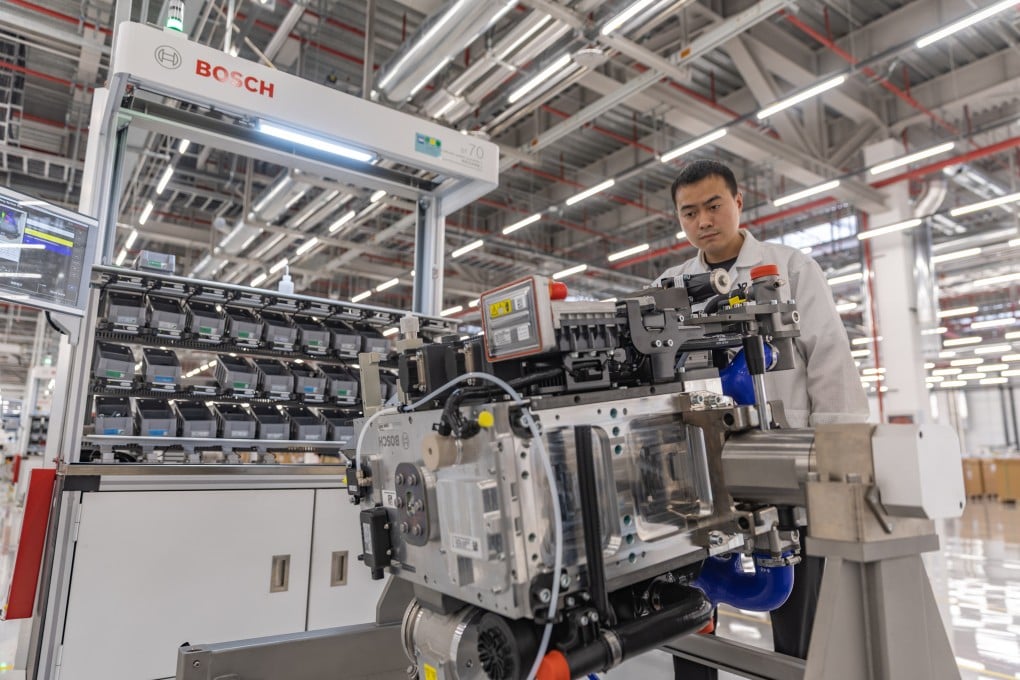Advertisement
Inside Out | Someday soon China might dominate the hydrogen supply chain too
- EU and US manufacturers already complaining about Chinese competition in solar power and electric vehicles won’t like China’s hydrogen policy
- China is already the top producer of hydrogen, and as it moves to produce more of it using renewable energy, hydrogen could become an important part of the world’s low-carbon future
Reading Time:3 minutes
Why you can trust SCMP
7

Over the past decade, manufacturers across Europe and the United States have been on the warpath over China’s “unfair” competition in steel and aluminium. More recently, the battleground has shifted to solar power, batteries and electric vehicles, but already a new front is emerging: the hydrogen economy.
Advertisement
Underpinning the conflict is the imperative to reduce carbon emissions, slow global warming and hit net zero targets by 2050. So far, most progress has been made in the energy sector, with the breakneck development of wind and solar power, and in transport, as electric vehicles and the batteries that power them begin to capture a significant share of the global vehicle market.
In all of these, China has been either praised (by environmentalists) or lambasted (by competitors) for its role in facilitating the growth of the green economy, and delivering clean power and electric vehicles cheaply to the world.
Advertisement
Until now, hydrogen’s role in our future economic development has remained out of sight, out of mind. While countries like Japan have been talking about hydrogen-powered vehicles for decades, hydrogen has always been too expensive and too complicated.
Only now is that beginning to change – and once again it will be China in the midst of controversy. Its state-owned enterprises and its strategic use of a wide range of subsidies to achieve policy goals are set to scupper the global status quo – and provide a new and important development in the battle to mitigate global warming.

Advertisement
